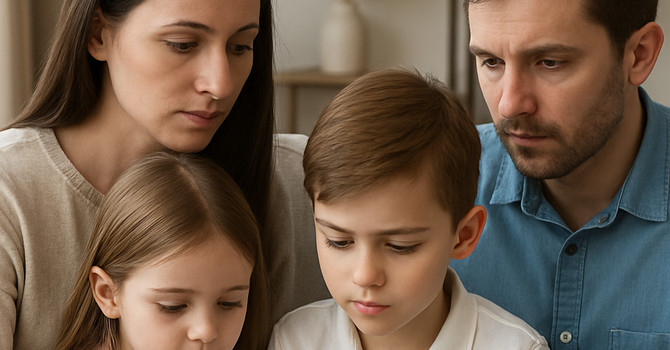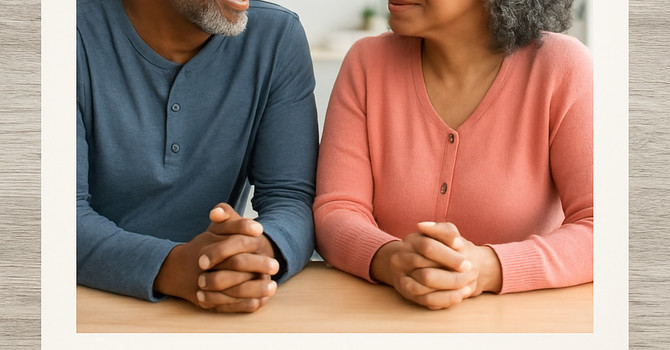
Top 5 Ways to Increase Turning Toward Behavior in Couples Counseling
Turning toward behaviour is a cornerstone of healthy and satisfying relationships. Coined by Drs. John and Julie Gottman, this concept refers to partners responding positively to each other's bids for connection—those small moments when one partner reaches out for attention, support, or affection. Turning toward rather than away or against these bids strengthens emotional intimacy and trust. In couples counselling, fostering turning toward behaviour can be transformative. Here are the top five strategies to help couples enhance this essential skill:
1. Recognize Bids for Connection
One of the first steps in increasing turning toward behaviour is teaching couples to recognize bids for connection. These bids can be subtle—a comment about the weather, a sigh, or even a playful nudge. Partners often miss these cues due to stress, distraction, or miscommunication.
Counselling Tip: Use role-playing exercises to help couples identify and interpret each other's bids. Encourage them to ask clarifying questions like, "Are you looking for support, or do you just want me to listen?"
2. Practice Mindful Listening
Mindful listening involves giving your full attention to your partner without interrupting or planning your response. By staying present, partners are more likely to respond to bids in ways that foster connection.
Counselling Tip: Introduce mindfulness exercises during sessions. Encourage partners to pause, take a breath, and fully focus on what their partner is saying. A simple mantra like, "Listen to understand, not to reply," can be a helpful reminder.
3. Strengthen Emotional Awareness
Sometimes, partners struggle to turn toward each other because they’re unaware of their own emotions or those of their partner. Building emotional awareness helps couples respond with empathy and care.
Counselling Tip: Use tools like emotion wheels or journaling prompts to help couples explore and name their feelings. Encourage them to share these reflections with each other during sessions.
4. Create Rituals of Connection
Rituals of connection are intentional practices that help couples stay attuned to each other, even during busy or stressful times. These could be as simple as a daily check-in, a shared meal without screens, or a weekly date night.
Counselling Tip: Work with couples to identify meaningful rituals they can integrate into their routines. Highlight the importance of consistency in maintaining these practices.
5. Build a Culture of Appreciation
Expressing gratitude and appreciation makes turning toward behaviour more natural. When partners feel valued, they are more inclined to notice and respond positively to bids for connection.
Counselling Tip: Encourage couples to share daily affirmations or "thank-you moments" with each other. This can be as simple as saying, "I appreciated how you made coffee this morning."
Final Thoughts
Turning toward behaviour is a small but mighty act that can profoundly enhance the quality of a relationship. In couples counselling, guiding partners to recognize and respond to each other's bids for connection can create a ripple effect, improving communication, trust, and emotional intimacy. By incorporating these five strategies, you can empower couples to build stronger, more fulfilling relationships—one small moment at a time.
.JPEG)
.JPEG)





